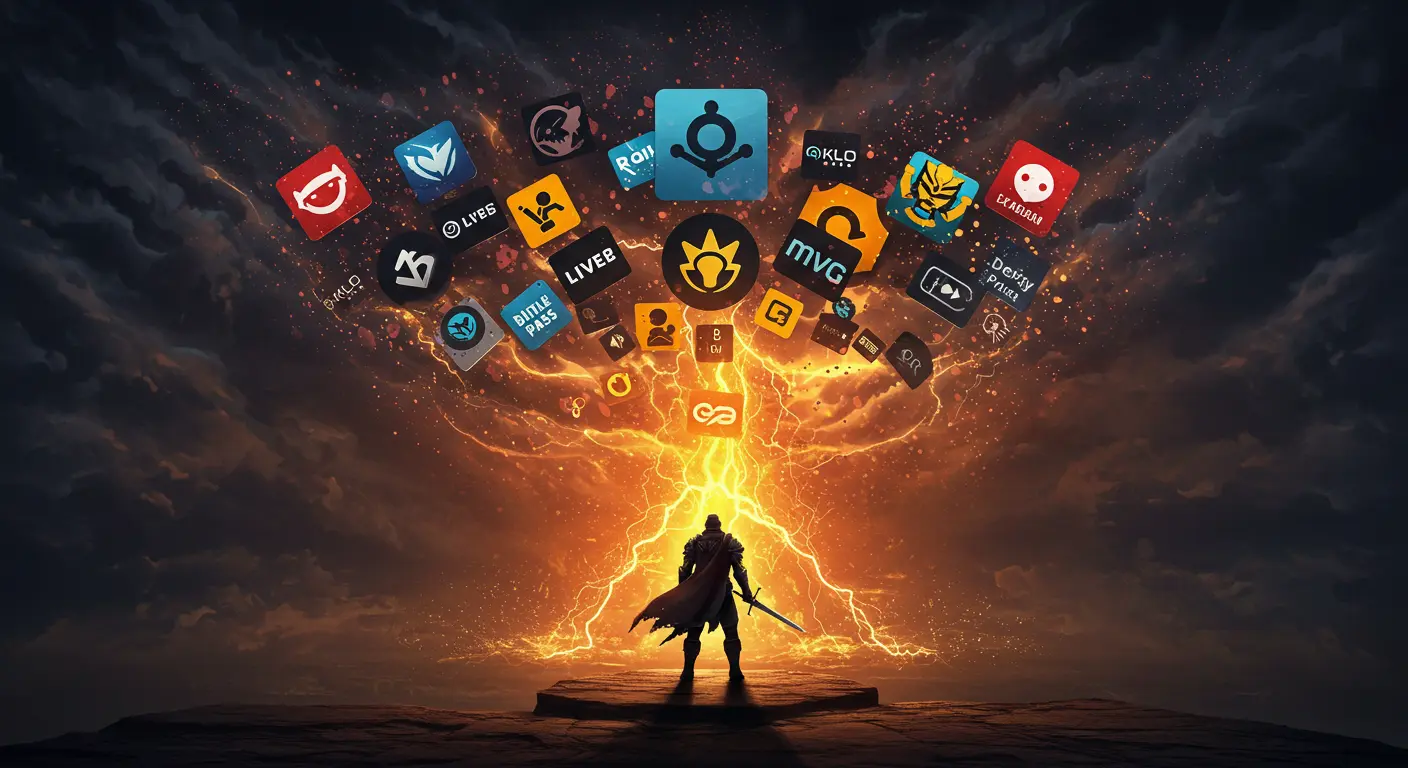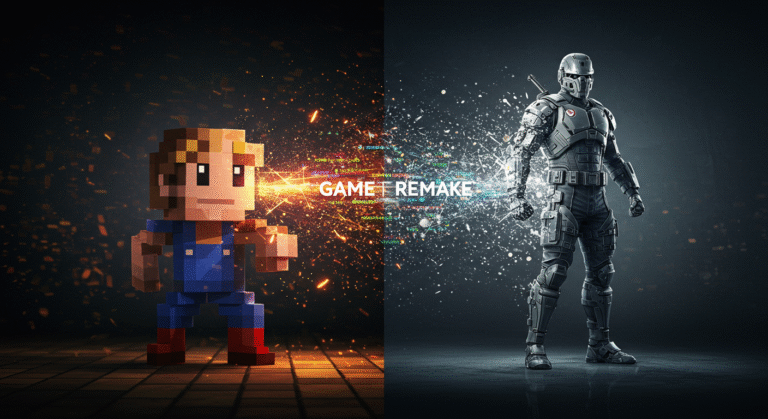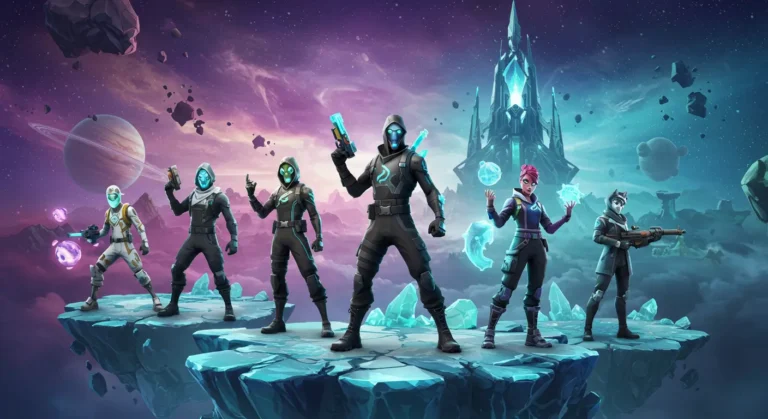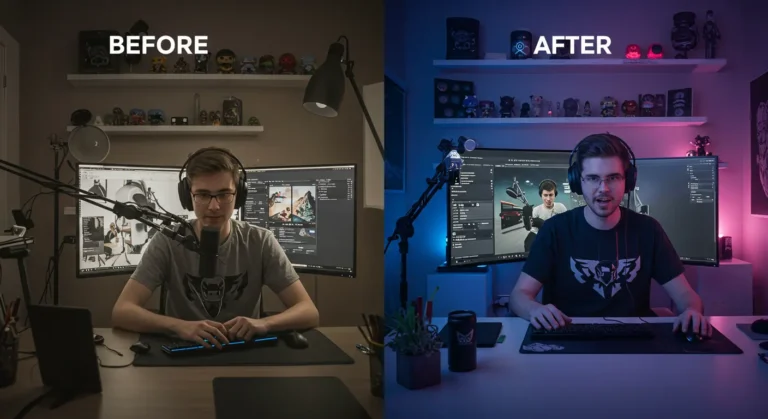Single-Player Games vs. Live Services: Why Solo Play is Still King
Are Single-Player Games Dying? Why They're Crucial in Our Live-Service World
A specter is haunting the gaming industry – the specter of the “death” of single-player games. For years, headlines have been written, and forum threads have been filled with anxious debates about the supposed decline of narrative-driven, finite, solo experiences. In an era dominated by the massive commercial success of live service games, battle royales, and “forever” franchises, it’s easy to see why this narrative has taken hold. But to declare the single-player game a dying art form is not only premature; it fundamentally misunderstands their irreplaceable role in the gaming ecosystem. In the world of 2025, single-player games aren’t just surviving; they are more vital and necessary than ever.
The “Dying” Narrative: A Tale of Financial Focus
The argument for the decline of single-player games is primarily an economic one. Publishers, beholden to shareholders, are understandably drawn to the live service model, which promises a continuous, long-term revenue stream through battle passes, cosmetic microtransactions, and seasonal content. A single-player game, by contrast, is often a one-time purchase. Once the player finishes the story, the primary revenue opportunity ends. This financial reality has led to some high-profile studio closures and a noticeable shift in focus from major publishers towards creating their own “Games as a Service” (GaaS) titles, leaving many to fear for the future of big-budget, story-focused experiences.
The Unrivaled Power of Narrative and Immersion
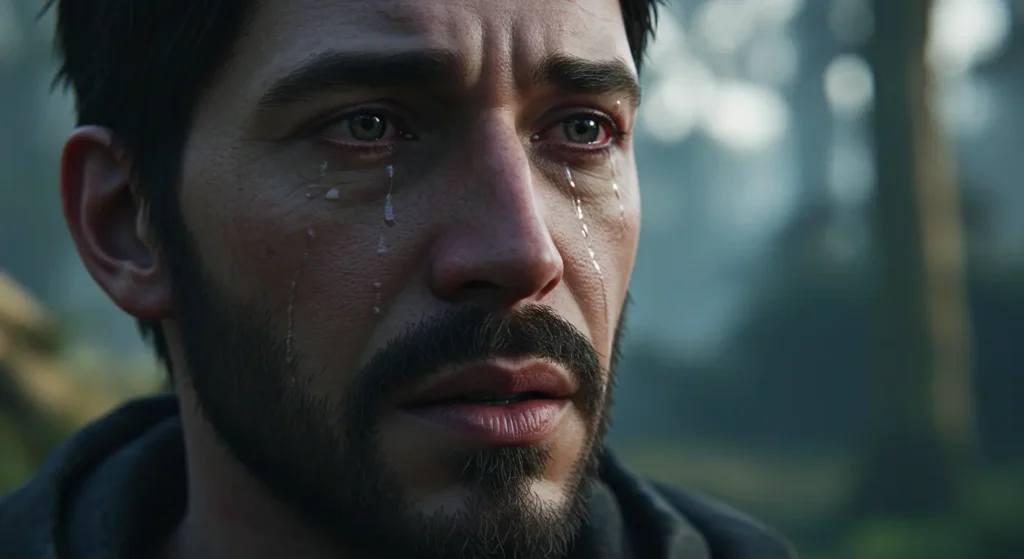
What the purely economic argument misses is the unique, powerful experience that only a single-player game can provide. Live service games excel at creating systems for competition and social interaction, but single-player games are masters of storytelling and deep, personal immersion. They are the novels and epic films of our medium.
A well-crafted solo experience allows a player to fully inhabit another world and another life, unburdened by matchmaking lobbies, competitive pressure, or social obligations. It’s a direct, intimate connection between the player and the creator’s vision. Games like The Last of Us, God of War, or The Witcher 3 are remembered not just for their mechanics, but for their profound characters, emotional depth, and the unforgettable journeys they took us on. These are curated, authored experiences designed to evoke specific feelings and tell a complete story with a beginning, middle, and end – a structure that is often at odds with the open-ended nature of a live service.
A Necessary Escape from the “Forever” Game
The rise of the “forever game” has also led to a new phenomenon: “live service burnout.” Many players now feel overwhelmed by the number of games demanding their constant attention through daily logins, weekly challenges, and fear of missing out (FOMO) on limited-time seasonal content. These games can start to feel less like entertainment and more like a second job or a checklist of chores.
This is where the single-player game has become a vital sanctuary. It offers a finite, self-contained experience. You can start it, play it at your own pace, become completely absorbed in its world, and, most importantly, finish it. That sense of closure, of having completed a satisfying narrative arc, is a powerful psychological reward that is often absent from games designed to be played indefinitely. In 2025, the single-player game is the perfect antidote to the engagement-driven demands of the live service model.
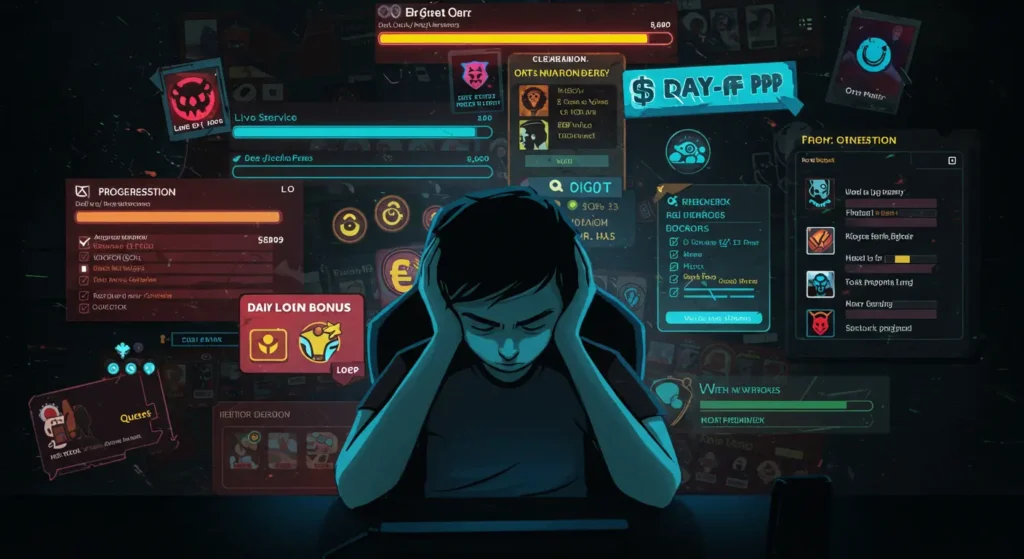
Countering the Myth: Economic Viability and Prestige
The idea that single-player games aren’t profitable is simply untrue. While they may not have the long-tail revenue of a Fortnite or a Genshin Impact, blockbuster single-player titles are massive commercial successes. Games like Elden Ring, Hogwarts Legacy, and the latest Legend of Zelda have sold tens of millions of copies, generating immense revenue and proving that a market for high-quality, non-service games remains incredibly strong.
Furthermore, these titles are crucial for building brand prestige and platform loyalty. A critically acclaimed, award-winning single-player exclusive can define a console generation and be the primary reason a consumer invests in a particular ecosystem, like PlayStation has successfully demonstrated for years. They are cultural touchstones that generate goodwill and cement a studio’s reputation for quality and artistry.
Single-Player Innovation: The Beating Heart of the Industry
Historically, single-player games have been the primary crucible for innovation in the industry. They are where developers often pioneer new gameplay mechanics, experiment with bold narrative structures, and push the boundaries of graphical and audio technology. Many of the core mechanics we now take for granted in multiplayer games were born and refined within the focused environment of a single-player campaign. Without the pressure to constantly balance a competitive meta or design for long-term monetization, developers have the freedom to take creative risks that push the entire medium forward.
Conclusion: Not Dying, But Essential
To claim that single-player games are dying in 2025 is to ignore their profound and enduring value. They are not in competition with live service games; they fulfill a different, but equally important, human need. They are our modern epics, our interactive novels, our personal journeys into meticulously crafted worlds. They offer closure in a world of endless content, and they serve as vital incubators for the creative risks that drive the entire industry forward. Single-player games are not dying. They are a necessary, thriving, and essential pillar of the gaming world, providing the depth, narrative, and artistry that keep our medium rich, diverse, and meaningful.
What’s Your Take? Join the Discussion at SpiritGlitch.com
Do you feel the pressure of live service burnout? What are some of your favorite single-player experiences that have left a lasting impact on you? Share your opinion in the comments and join the community at SpiritGlitch.com as we continue to explore the state of modern gaming.

